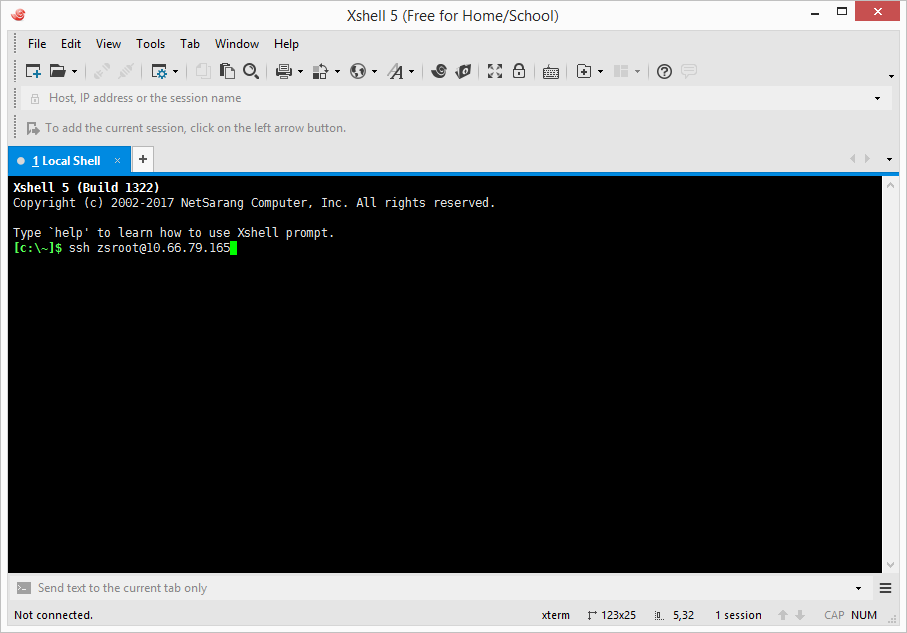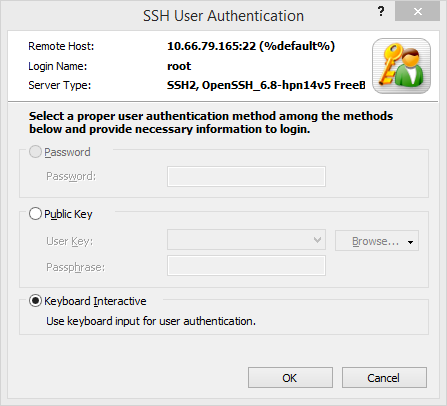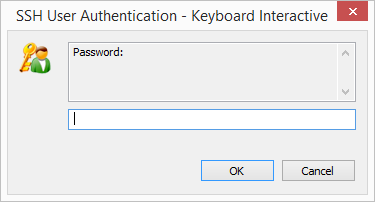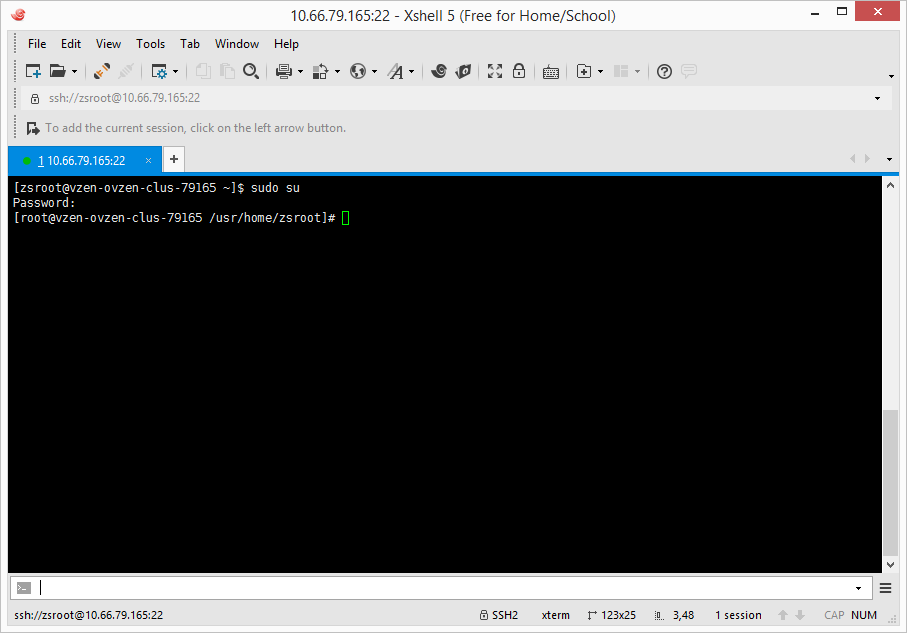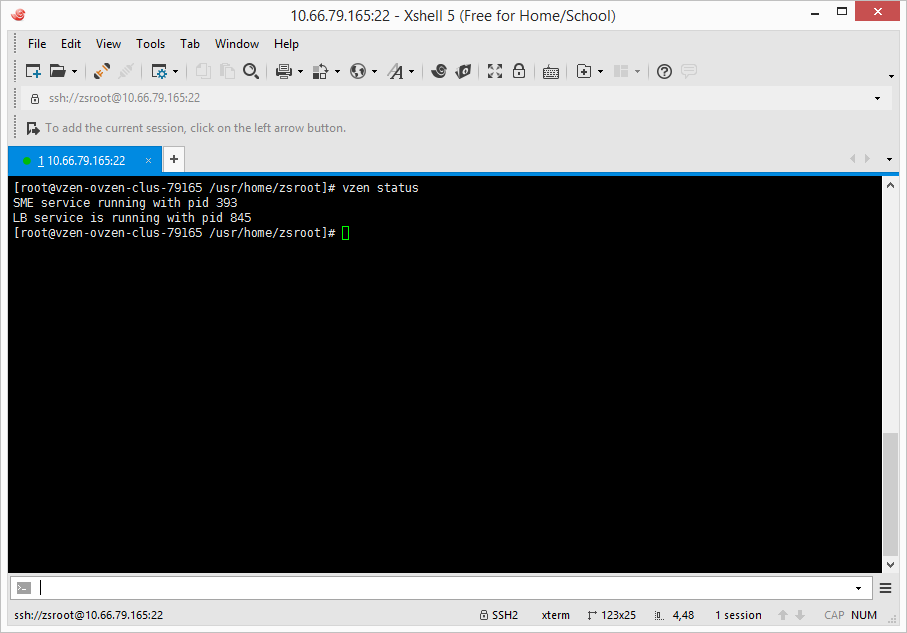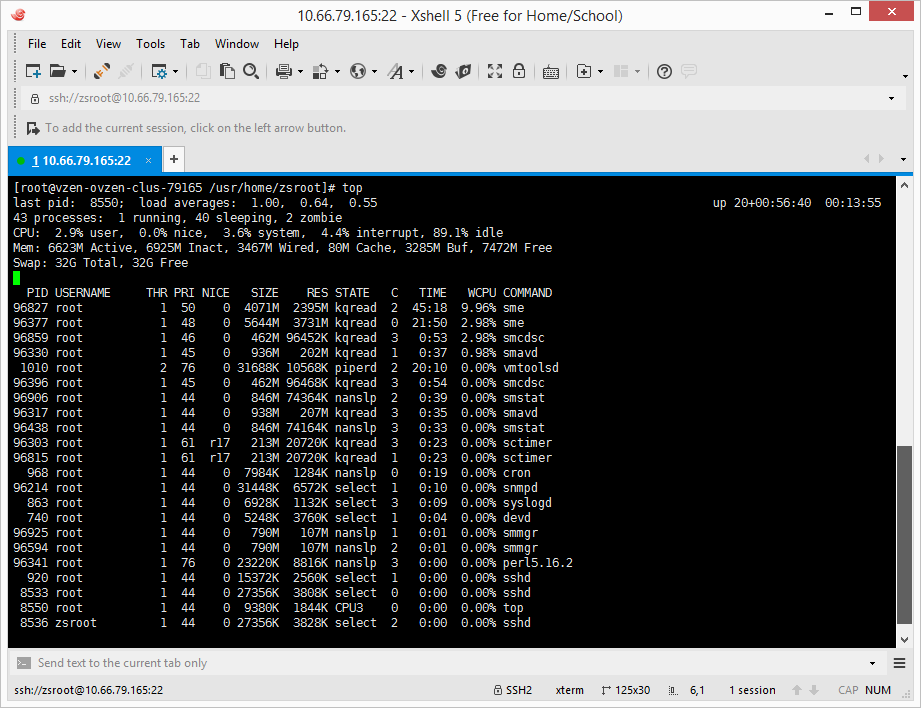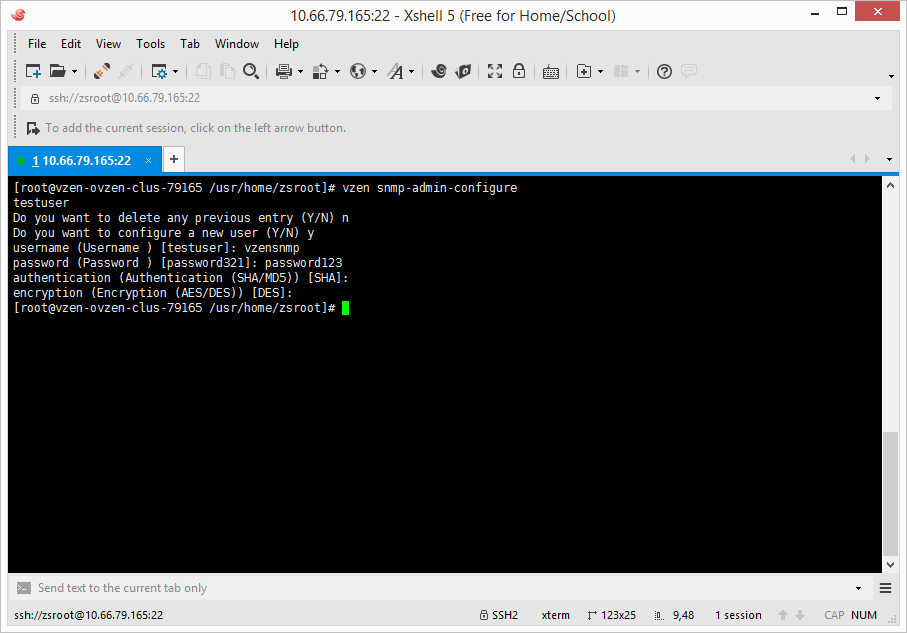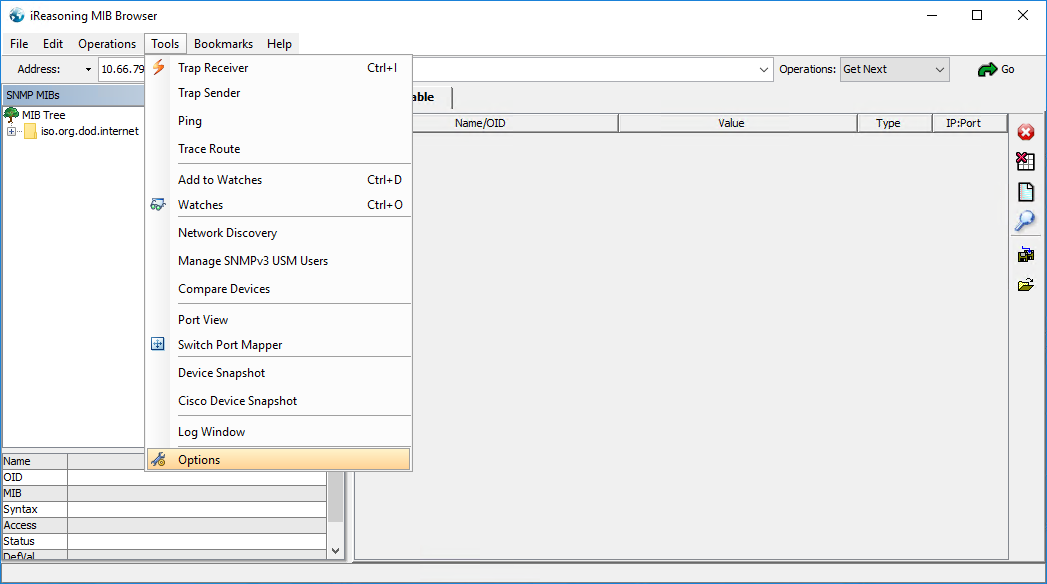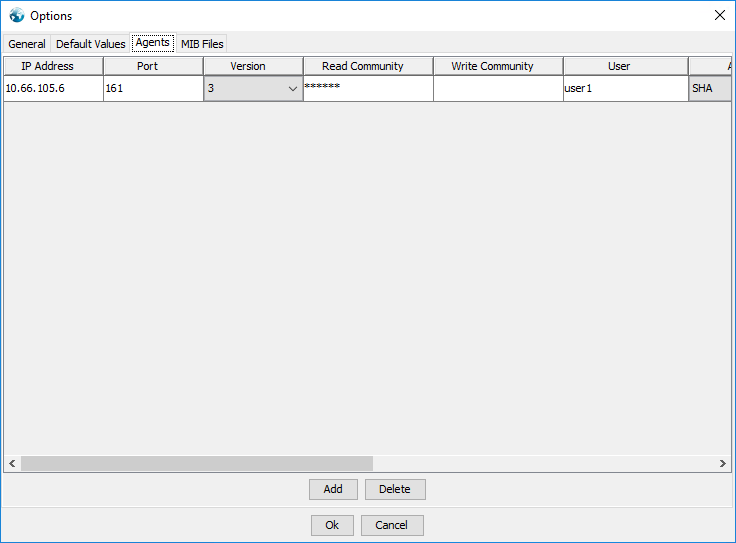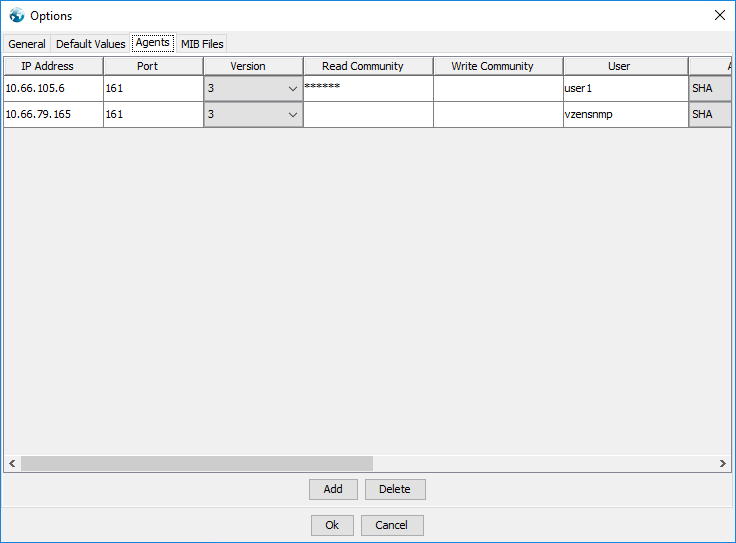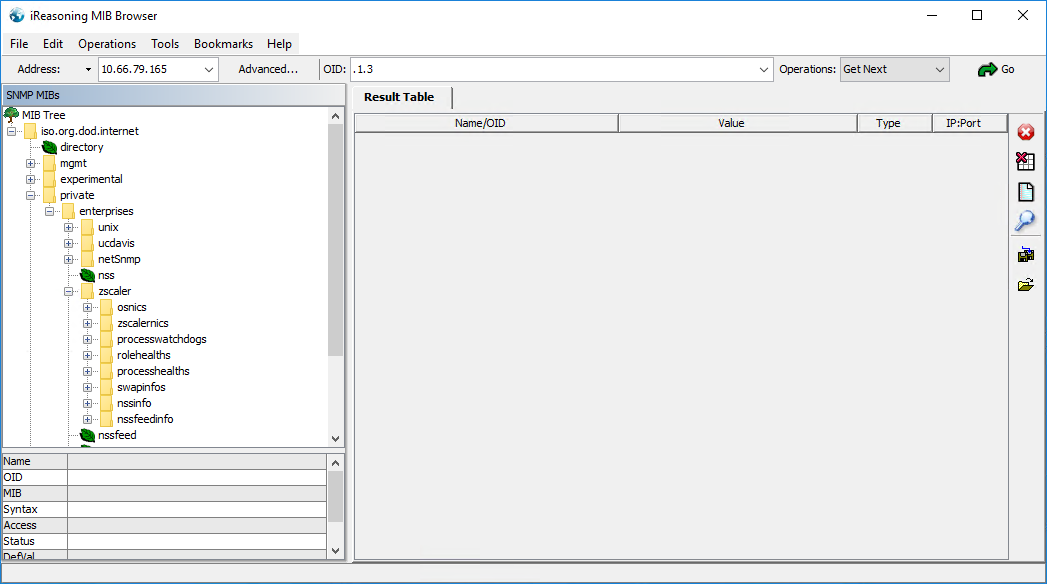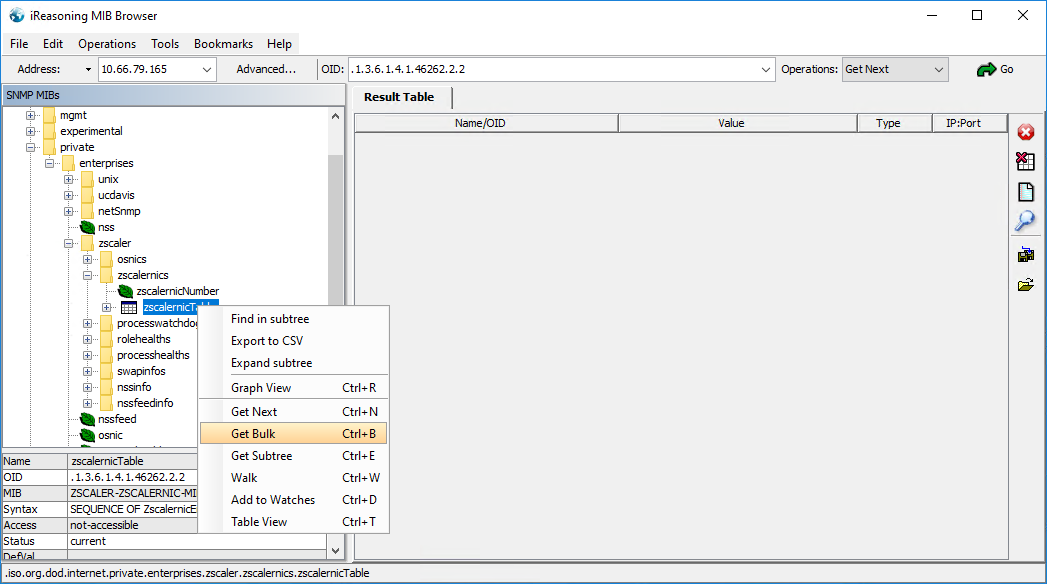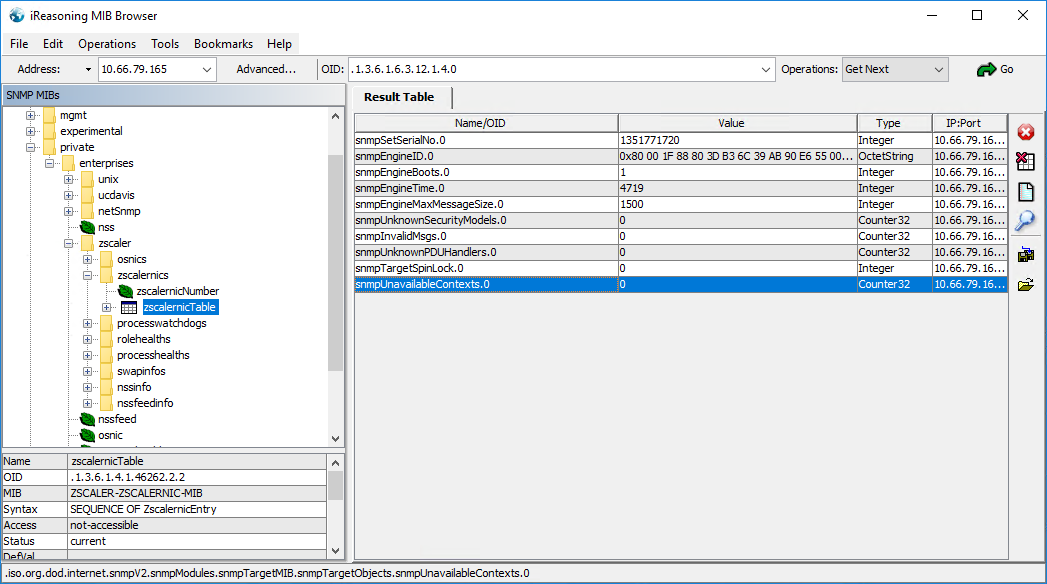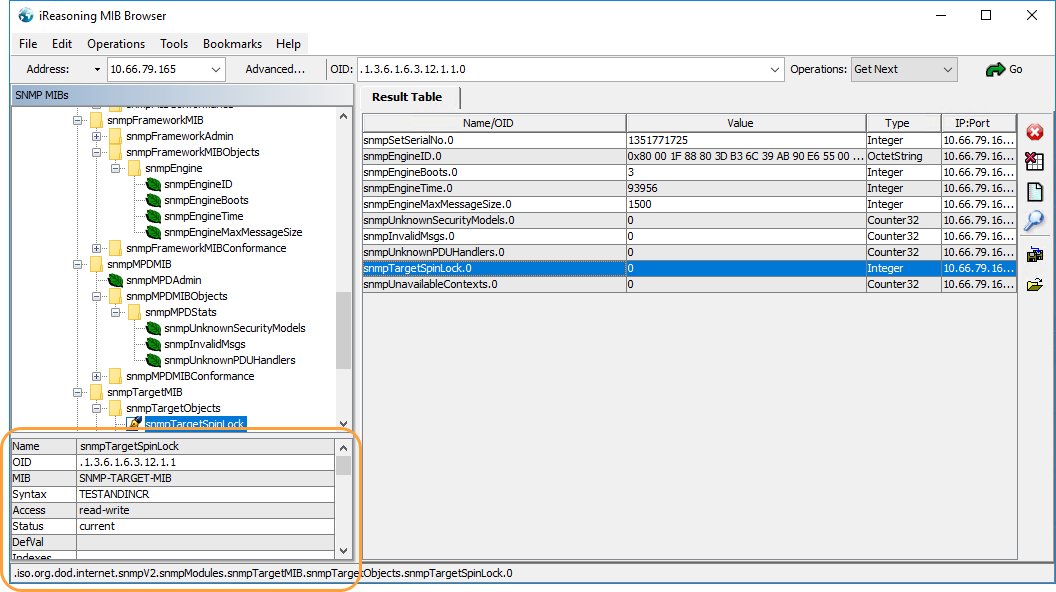Experience Center
Accessing the Zscaler SNMP MIBs
The Simple Network Management Protocol (SNMP) is used for network monitoring. It collects and organizes management information about devices on IP networks. SNMP exposes this information in the management information bases (MIBs).
A MIB is a database used to manage the objects within a network. The Zscaler Enterprise SNMP MIBs are downloadable as files, which define all counters and assign them within the Zscaler database. You can use the MIBs to perform health monitoring on several different instances, like the Nanolog Streaming Service (NSS) and the Internet & SaaS Virtual Service Edges.
To access the Zscaler Enterprise SNMP MIBs:
- Step 1: Download the MIBs
The Zscaler service supports the list of MIBs in the following tables. You can download the MIB files using the links provided in each table.
- Virtual Service Edge MIBsClose
Virtual Service Edge MIBs
VZENMIBS.tgz This file contains the following MIB files:
- ZSCALER-OSNIC-MIB
- ZSCALER-PROCESSHEALTH-MIB
- ZSCALER-PROCESSWATCHDOG-MIB
- ZSCALER-ROLEHEALTH-MIB
- ZSCALER-SWAPINFO-MIB
- ZSCALER-VSE-MIB
- ZSCALER-ZSCALERNIC-MIB
- NSS MIBsClose
NSS MIBs
NSSMIBS.tgz This file contains the following MIB files:
- ZSCALER-NSSFEED-MIB
- ZSCALER-NSS-MIB
- ZSCALER-OSNIC-MIB
- ZSCALER-PROCESSHEALTH-MIB
- ZSCALER-PROCESSWATCHDOG-MIB
- ZSCALER-ROLEHEALTH-MIB
- ZSCALER-SWAPINFO-MIB
- ZSCALER-ZSCALERNIC-MIB
- Zscaler MIB FilesClose
Zscaler MIB Files Description ZSCALER-NSSFEED-MIB.mib This module describes information specific to NSS feeds. ZSCALER-NSS-MIB.mib This module describes information specific to the NSS instance. ZSCALER-OSNIC-MIB.mib This module describes the NIC devices managed by the OS. On a Zscaler system, there are NIC devices managed by the Zscaler instances and also by the base OS. ZSCALER-PROCESSHEALTH-MIB.mib This module describes health information for all watched processes in the Zscaler instance. ZSCALER-PROCESSWATCHDOG-MIB.mib This module describes the process watchdog information for each of the managed processes of a Zscaler instance (e.g., for an SME type of instance, the watched processes are sme, smavd, smavd2, smcdsc, and sctimer). ZSCALER-ROLEHEALTH-MIB.mib This module describes the health information for a Zscaler instance. This includes many of the OS level information for the instance such as CPU, memory, and also some instance specific information (e.g., current connections on SME). ZSCALER-SWAPINFO-MIB.mib This module describes the status of the swap devices present on the system. ZSCALER-VSE-MIB This module describes the health status of Virtual Service Edge connection to Zscaler Central Authority (CA) and Log and Reporting servers. ZSCALER-ZSCALERNIC-MIB.mib This module describes the NIC devices managed by the Zscaler instance. On a Zscaler system, there are NIC devices managed by the Zscaler instances and also by the base OS.
- Virtual Service Edge MIBs
- Step 2: Configure the SNMP Admin User
To configure the SNMP admin user, you must log in to the Virtual Service Edge with software such as Xshell or Mobaxterm. In this example, Xshell is used.
The steps for configuring NSS are identical to the Virtual Service Edge example shown in this article.
- Enter the following command to log in to the Virtual Service Edge:
ssh zsroot@<Virtual Service Edge Management IP Address>
In this example, the Virtual Service Edge management IP address is 10.66.79.165.
- In the SSH User Authentication window, choose Keyboard Interactive and click OK.
- In the window that appears, enter the Password, zsroot, and click OK.
- After you have logged in, change the user using the sudo su command, and enter the password zsroot.
- Check if the Virtual Service Edge service is running using the vzen status command.
For NSS, use the nss status command.
- Check if SNMP is running using the top command.
- If the SNMP (snmpd) process is running, configure an SNMP admin user using the vzen snmp-admin-configure command.
Follow the prompts to configure the username, password, authentication type, and encryption type for the admin user.
- Step 3: Load and View the MIBs
- Load the MIBs
Load the downloaded MIBs into your SNMP monitoring tool.
Close - View the MIBs
Before viewing the MIBs, you need to add the SNMP admin user configured in step 2 to the SNMP monitoring tool. In this example, the iReasoning MIB Browser is used.
- Open the MIB browser, then go to Tools > Options.
- In the Options window, navigate to the Agents tab. Click Add to add the SNMP admin user.
The Advanced Properties of SNMP Agents window appears.
- In the Advanced Properties of SNMP Agents window:
- In the Address field, enter the Virtual Service Edge management IP address.
- For the SNMP Version field, select 3. New fields appear after selecting 3.
- USM User: Enter the username of the SNMP admin user
- Security Level: Select auth, priv for the security level
- Enter the password of the SNMP admin user in the Auth Password and Privacy Password fields.
- Click Ok to save the SNMP admin user. The Virtual Service Edge management IP address and the SNMP admin user's credentials appear in the Agents tab.
- Exit the Options window. From the MIB Tree, open the folder containing the Zscaler MIBs by navigating to iso.org.dod.internet > private > enterprises > zscaler.
- Open the folder for the MIB for which you want to view the details. Right-click on the table icon, then click Get Bulk.
- From the Results Table, you can view the OID, Value, and Type of the MIB object. To view more details, double-click the entry from the Results Table. The details appear in the left column.
For example, for the snmpTargetSpinLock object:
- The OID is .1.3.6.1.6.3.12.1.1.0
- The Value is 0
- The Type is Integer
- Load the MIBs
